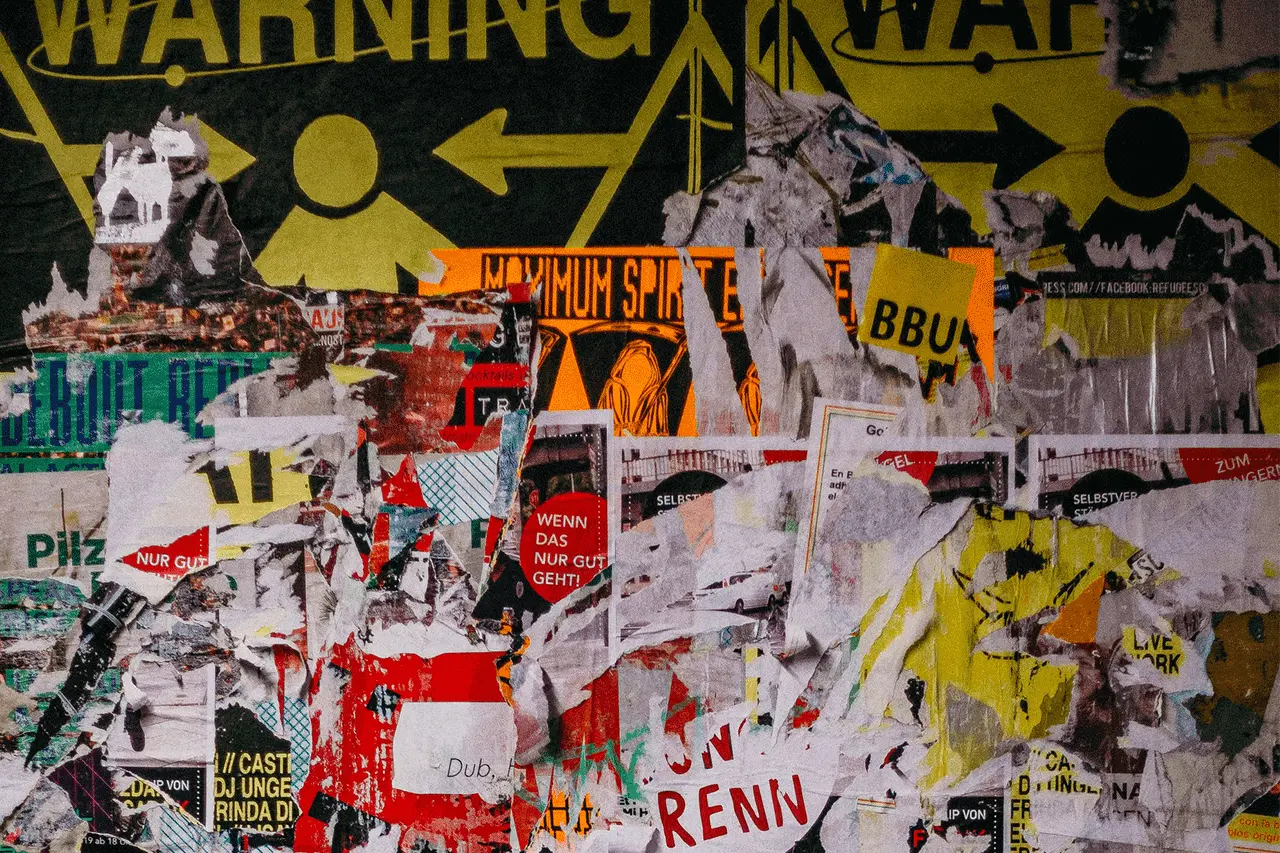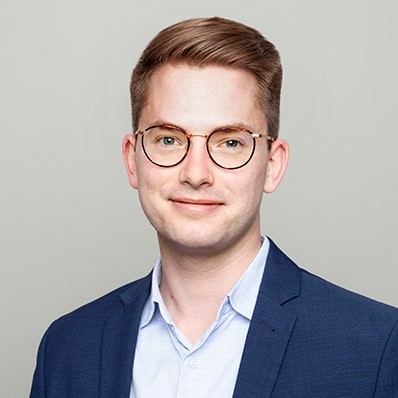How is Germany coping in the midst of war and COVID-19?
A SINUS-Institut study on the current state of mind in Germany

On the one hand, after two years of the COVID-19 pandemic, Germans are slowly regaining their composure. On the other hand, new crises and problems are pushing their way to the top of their list of concerns. The SINUS-Institut recently conducted a nationally representative survey on attitudes in Germany toward emerging crises such as the war in Ukraine, rising commodity prices, and energy security. This survey shows that while most Germans share these concerns, the way each individual ranks and prioritises them depends on their values and social status. The Sinus-Milieus social segmentation model clearly shows how optimism, attitudes toward crises, and resilience differ between groups of people with different values and social positions.
The good news is that despite a slew of new challenges, the sentiment in Germany has improved slightly, and people are more satisfied than they were a year ago. However, those who report positive feelings are primarily those who are socially better off. Our analysis based on the Sinus-Milieus social segmentation model underlines this. Socially disadvantaged milieus such as the Precarious and the Nostalgic Middle Class, who perceive their material wellbeing and social status as at risk, report the fewest positive emotions.
Crisis resilience is milieu-specific
The gap between milieus is reflected most starkly in optimism about the future. Those belonging to the Precarious and Nostalgic Middle Class, along with the security-loving Traditionals, are the most pessimistic about the future. "Due to the current crisis situation, the social strata are increasingly drifting apart. More sophisticated milieus, such as the achievement-oriented Performers or the cosmopolitan Expeditives, are better able to cope with rapid change, they are more resilient. In addition, they usually enjoy objectively better economic conditions. Both of these factors make them think and feel more optimistically," says Manfred Tautscher, Managing Director of the SINUS-Institut. "These milieus’ optimistic attitudes are also accompanied by above-average trust in media".
Major existential worries – particularly in the less privileged milieus
The priorities that people assign to different crises also differ clearly by milieu. Germans’ most pronounced concerns at the moment are cost and supply issues related to the war in Ukraine. Around 87% of Germans are concerned about rising energy prices; 85% about food prices; and 75% about fuel prices. Energy and raw material shortages are of concern to 79% and 77% of the population, respectively. The war itself, which ultimately causes all of these crises, sits just below energy prices at 85%.
Consider two examples: the current situation in Ukraine is causing significant anxiety among the educated elite in the Post-Materialist Milieu: a clear majority of them feel affected (71% very concerned). Climate change is also a perpetual concern in this milieu (60% very concerned), and the majority are also at least somewhat worried about the rise of right-wing extremism. On the other hand, they feel relatively secure with regard to their own jobs, food, housing, and fuel costs.
The situation is completely different among the Nostalgic Middle Class: their most pressing concerns are energy and food costs (68% and 63% very concerned, respectively). Personal financial insecurity, energy insecurity, and unaffordable housing are also cause for distress within this milieu. Climate change, right-wing extremism, and other political conflicts, on the other hand, are of notably less importance to them.
And what is happening with COVID-19?
In light of new, war-related crises, COVID-19 has slipped far down the list of concerns for most Germans - but this does not mean that the problem has disappeared. Around 50% of respondents are still very or somewhat worried about the pandemic. However, the specific impacts of COVID-19 on day-to-day wellbeing vary within the milieus. For instance, Post-Materialists are the milieu that takes the virus itself most seriously; they are also the most likely to have been vaccinated, as well as to argue that restrictive measures have been abandoned too soon. Among the Nostalgic Middle Class, on the other hand, severe dissatisfaction with the government’s handling of COVID-19 has eclipsed serious concern over the virus itself.
Methodological information
The above data were collected in an online survey (N=1,464) conducted by the SINUS-Institut between 29 April and 6 May 2022, using the respondi AG Access Panel. The results are representative for the German-speaking resident population aged 18 to 74.

